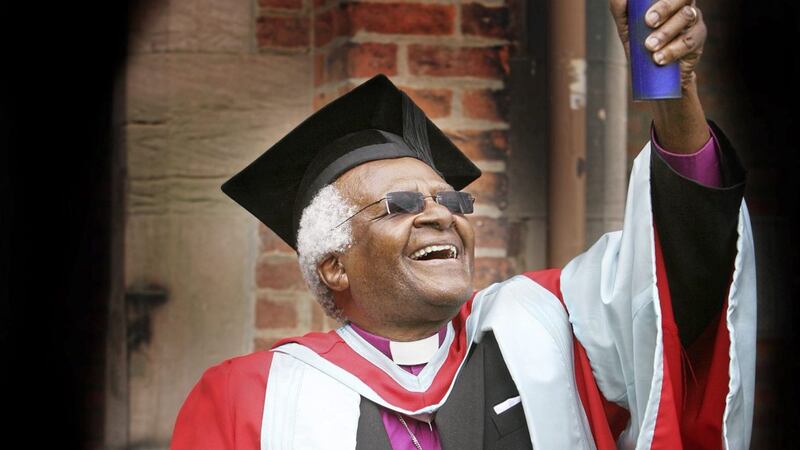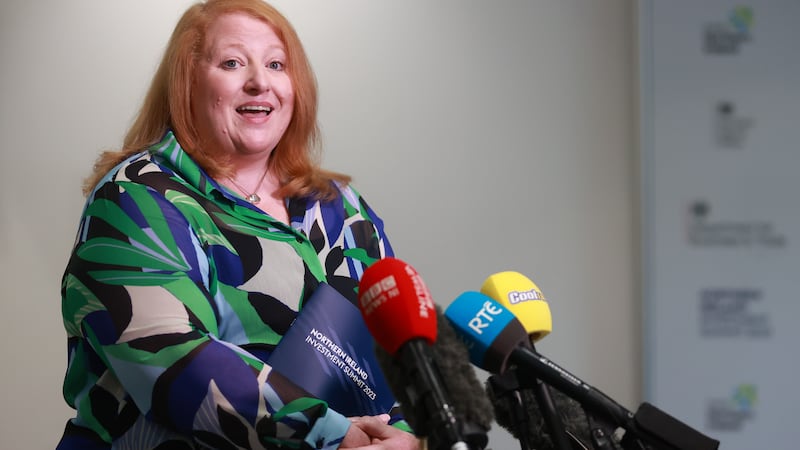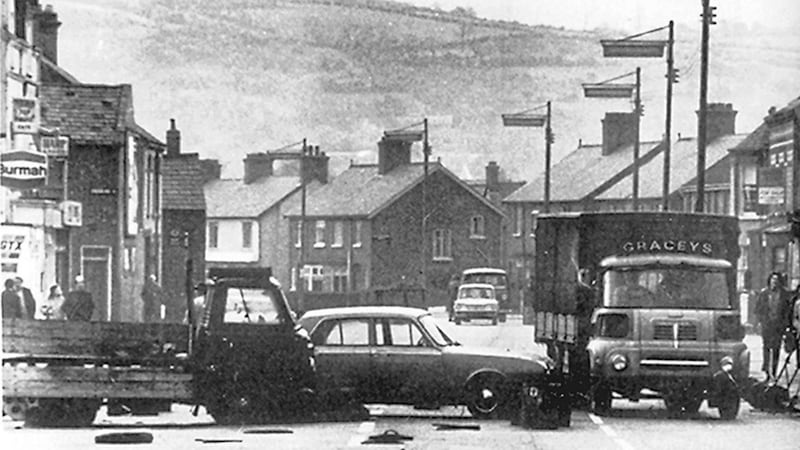THE LATE Archbishop Desmond Tutu took great interest in Ireland's affairs and visited the country on a number of occasions.
Two decades ago last month, the Nobel Peace Prize-winner was in Belfast promoting the the protection of human rights during a two-day visit.
He was a strong supporter of the peace process and sought to apply many of the lessons learned during the transformation of his native country from an apartheid state.
During the conflict in the north, he spoke of how any attempt to secure peace would require inclusive talks.
"Where people feel excluded they are not likely to look kindly [on] the results of negotiations," he said.
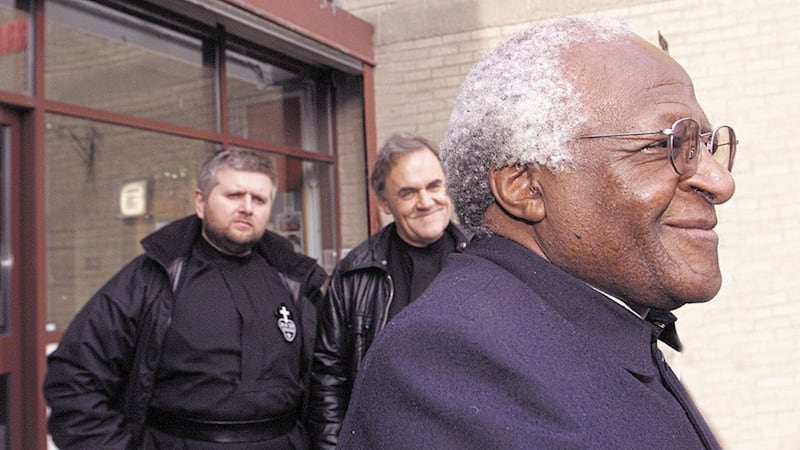
The late Archbishop Tutu was also quick to thank those who helped internationally to combat injustice in South Africa.
En route to Oslo in 1984 to collect his Nobel Peace Prize, he stopped over in London where he asked Irish Dunnes Stores workers involved in anti-apartheid strike to meet him.
Check-out operator Mary Manning, then 21, had been suspended by the retailer for refusing to handle South African grapefruit.
Nine of her colleagues at the store in Dublin's Henry Street walked out in support, beginning a strike that would last for nearly three years.
Speaking to RTÉ at the time, Tutu called for "a groundswell of support" for the strikers, which in 1987 led the Irish government to ban the import of South African goods.
In 1991, he visited Ireland to meet Anglican Church leaders in Newcastle, Co Down and also visited Christ Church Cathedral in Dublin, where he thanked the people of Ireland for their outstanding support in the struggle against apartheid in South Africa.
That same year, he took part in the Afri Famine Walk in Doolough, Co Mayo.
"We are aware that there was a great deal of injustice, exploitation and oppression [during that time]," he said of the Irish famine.
In 1998, the archbishop was welcomed to Aras an Uachtarain by President Mary McAleese, where he was accompanied by Killough-born former Northern Ireland Ombudsman Senator Maurice Hayes.
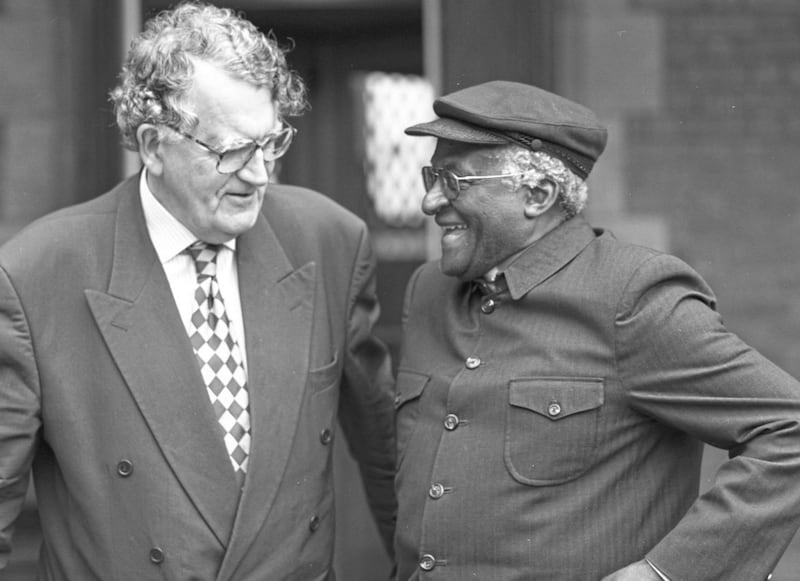
Archbishop Tutu appeared on RTÉ's The Late Late Show in 2005, alongside Irish charity worker Niall Mellon.
In 2007, he took part in the BBC television programme Facing The Truth, which was partly based on South Africa's Truth and Reconciliation Commission.
Presented by Fergal Keane, the programme saw victims and perpetrators of the Troubles meet for the first time, including Milltown Massacre gunman Michael Stone coming face-to-face with the relatives of Dermot Hackett, a Catholic delivery man he was convicted of killing in 1987.
